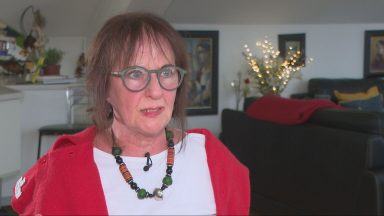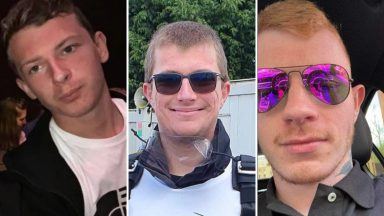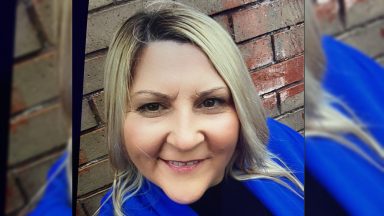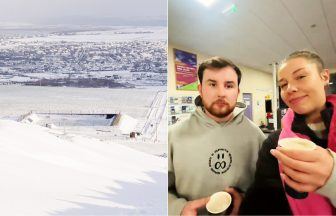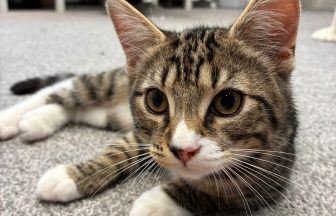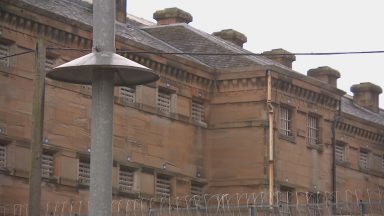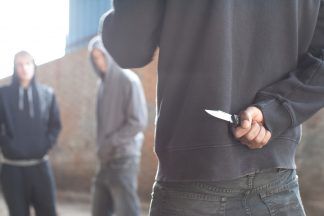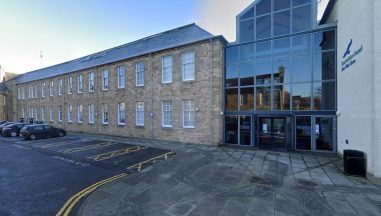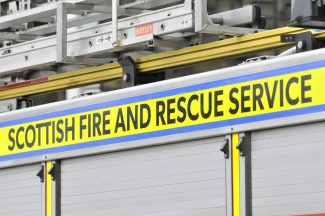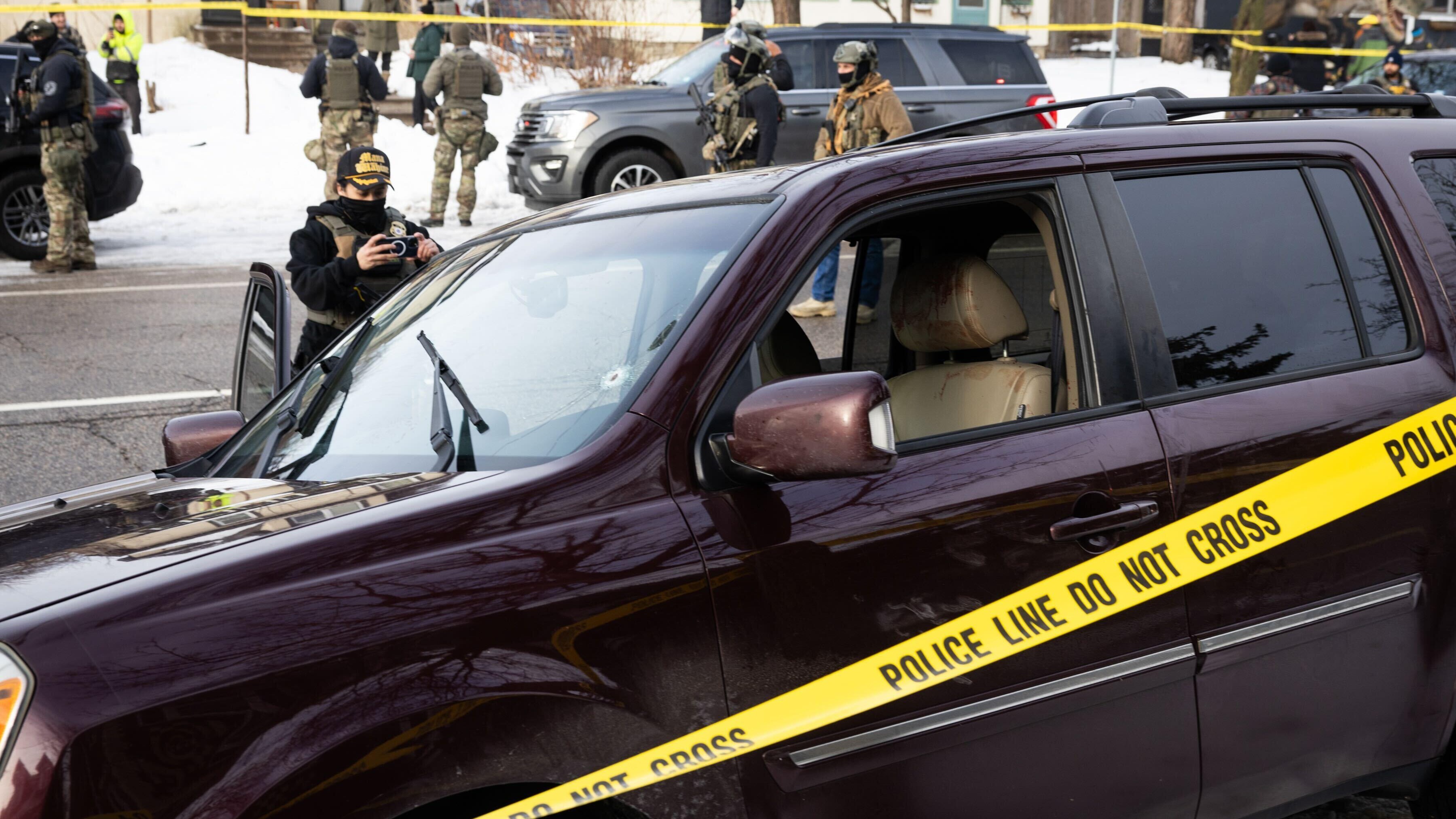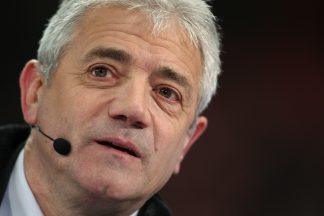A lion at a Scottish zoo has become the first animal to receive dental surgery using a “revolutionary” anaesthesia device developed by NHS clinicians after being mistreated in a circus.
The big cat, named Boss, was confiscated from a French company in Belgium and brought to Five Sisters Zoo, in West Calder.
But his teeth were damaged due to the abuse he had suffered, along with three other lions who had been rescued having been castrated and having had their claws removed.
Boss underwent the root canal procedure which included two teeth extractions and a new device for administering regional anaesthetic was used for the first time.
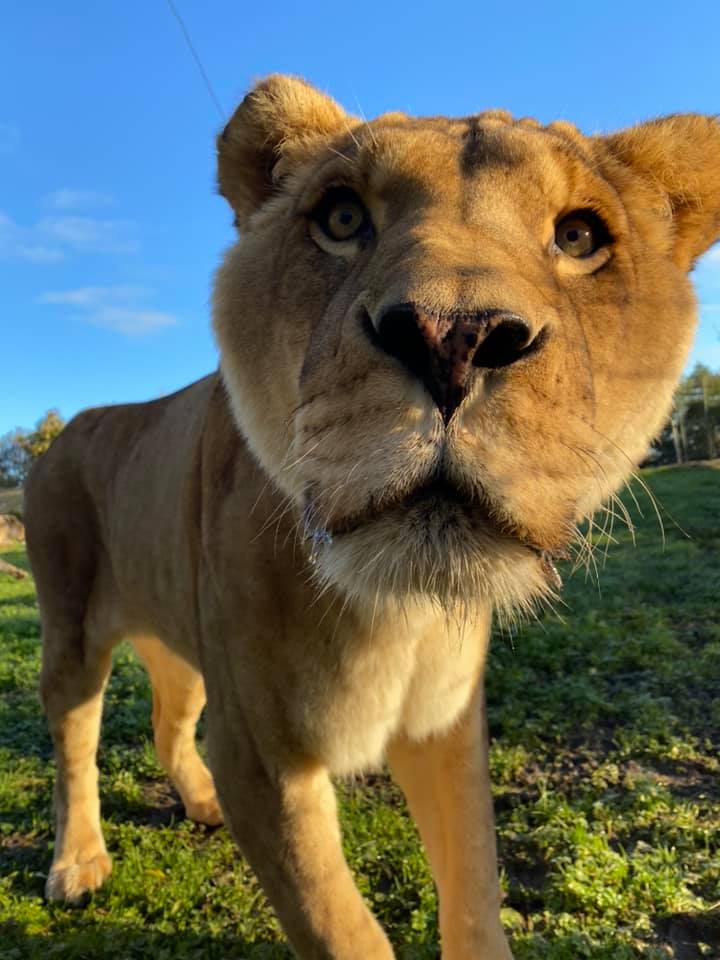 Five Sisters Zoo
Five Sisters ZooSafira, developed by four consultant NHS anaesthetists and medical company Medovate, turns the process into a one-person procedure and helps reduce the risk of nerve injury.
Adele Copland, operations supervisor at Five Sisters Zoo, said: “Striving to give our rescued lions the best care we can at Five Sisters Zoo, we were happy to try this new way of reducing any mouth discomfort they may have had after their specialist dental treatment.
“Sadly they arrived here with damaged teeth from their mistreatment at the circus from which they were confiscated in Belgium. They have bounced back wonderfully after their treatment and are back to normal.”
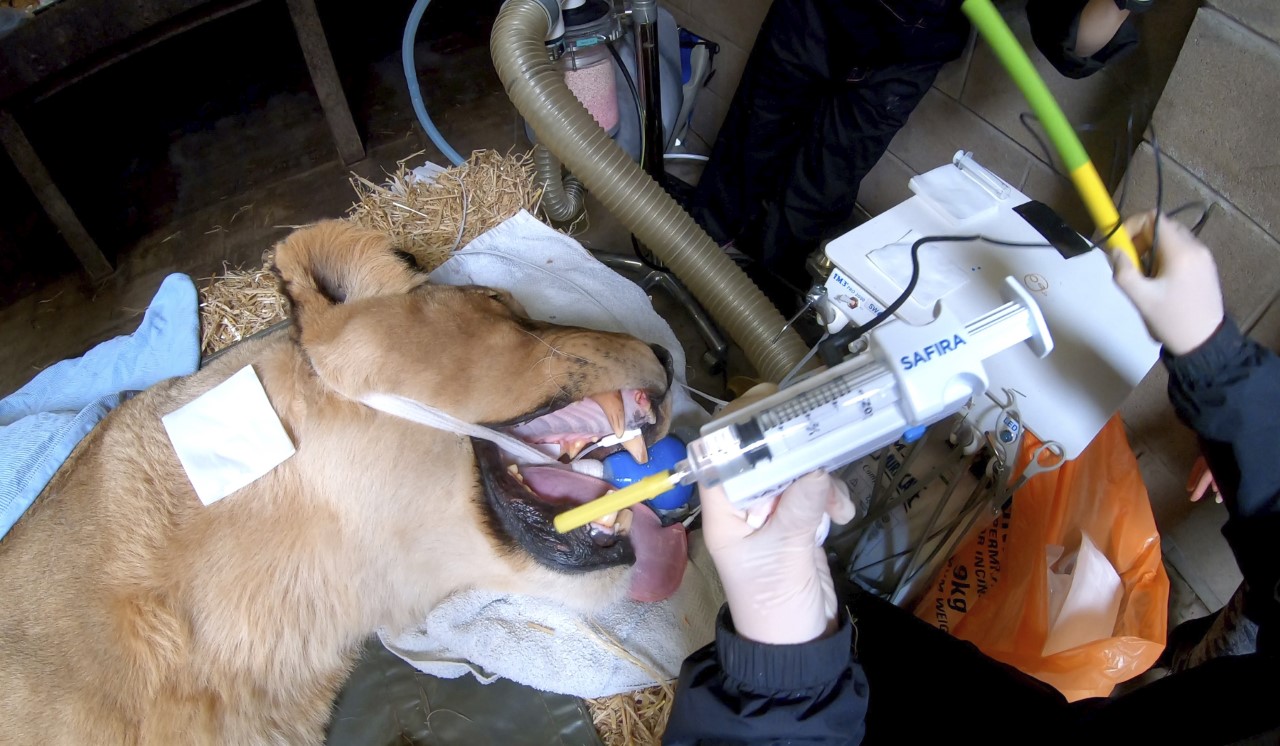 Handout
HandoutIn current regional anaesthesia procedures two operators are needed, including an assistant who injects the anaesthetic solution at the required pressure, which relies on a level of subjectivity, said Medovate.
This means anaesthetic solutions can be injected at high pressures which can risk nerve injury. The new device was designed to tackle these issues, removing inconsistency and featuring a built-in safety limit for pressure.
Safira has already been launched for humans in USA, Australia and New Zealand and comes to the UK this month.
Chris Rogers, sales and marketing director at Medovate, said: “This is an amazing story of how an idea developed by NHS consultants is not only helping human patients globally, but it is also making regional anaesthesia safer for animals as well.
“There are a significant number of regional anaesthesia blocks completed in veterinary practice per annum globally, so potentially this NHS developed device could play a major role in the future of veterinary practice worldwide.”
Follow STV News on WhatsApp
Scan the QR code on your mobile device for all the latest news from around the country


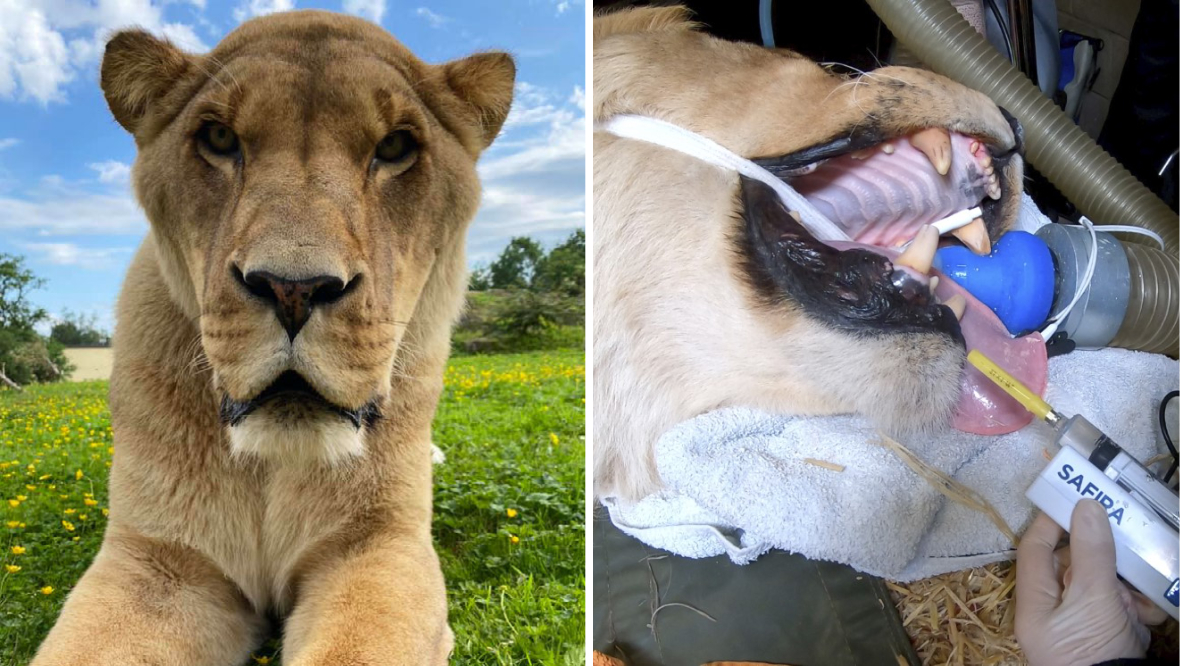 Five Sisters ZooHandout
Five Sisters ZooHandout

